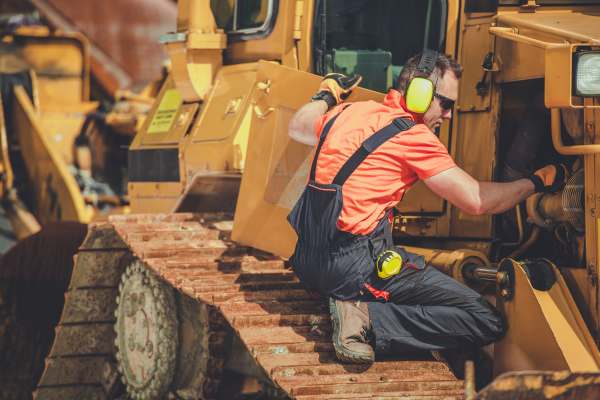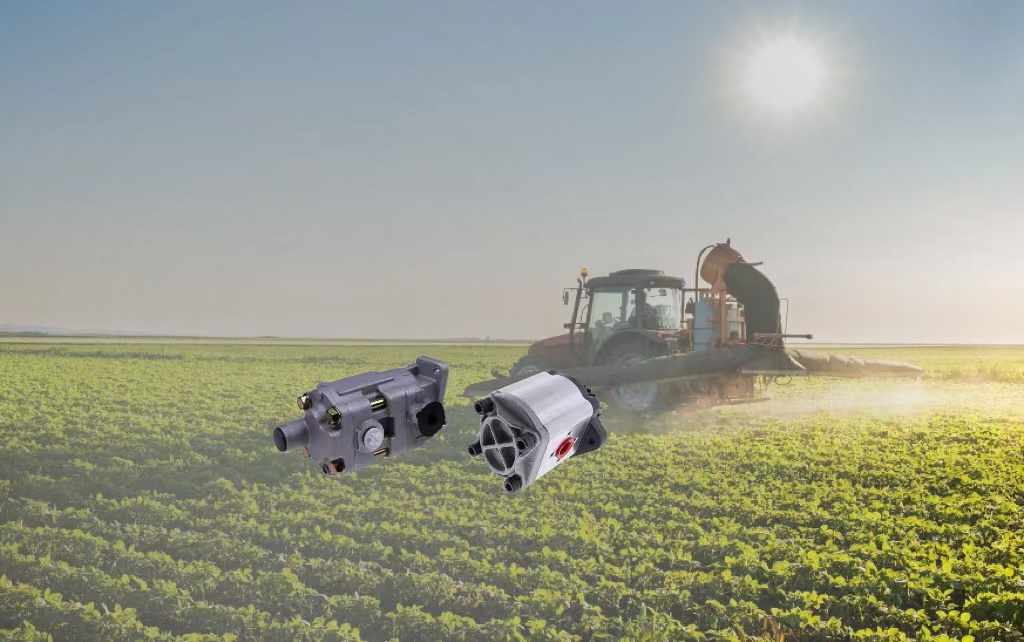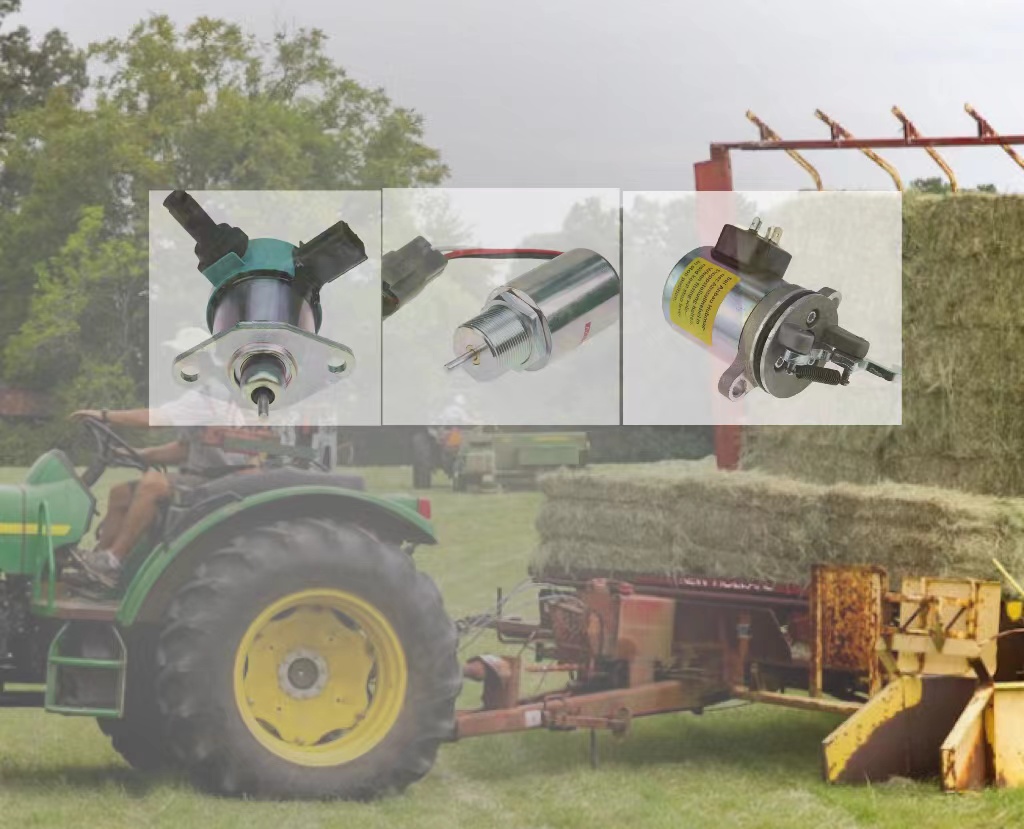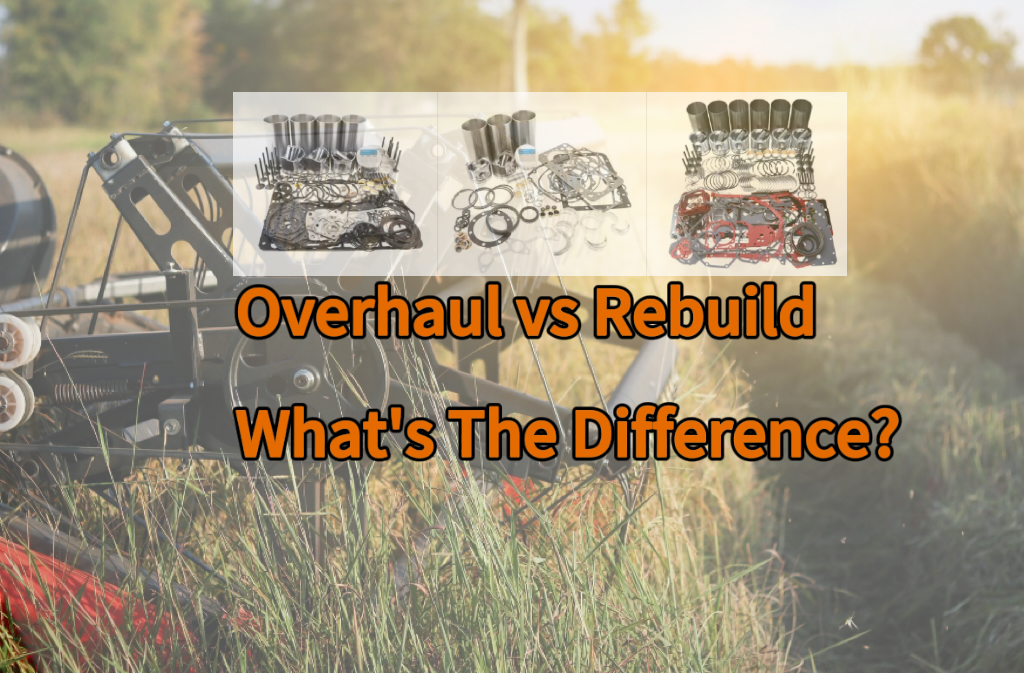Heavy equipment, such as excavators and bulldozers, rely on complex cooling systems to keep their engines running smoothly. These cooling systems are made up of several key components that work together to regulate engine temperature and prevent overheating.
In this blog post, we’ll take a closer look at the different parts of a heavy equipment cooling system and discuss some common problems that can occur. We’ll also provide some tips for maintaining these parts and keeping your equipment running smoothly.

Professional mechanic repairs the bulldozer
First, let’s talk about why cooling systems are so important for heavy equipment. The engine of a heavy machine generates a lot of heat during operation. If this heat is not properly dissipated, it can cause damage to the engine and other critical components.
That’s where the cooling system comes in. It circulates coolant through the engine to absorb heat and transfer it to the surrounding air. This helps to regulate engine temperature and prevent overheating.
So, what are the different parts of a heavy equipment cooling system? Some of the key components include radiators, AC compressors, and oil coolers.

FridayParts Radiator for Sumitomo Excavator SH75U-2
A radiator is a type of heat exchanger that is used to transfer thermal energy from one medium to another for the purpose of cooling or heating. In heavy equipment cooling systems, radiators are used to dissipate heat from the engine coolant to the surrounding air.
An AC compressor is a mechanical pump that compresses refrigerant gas and circulates it through the AC system. In heavy equipment cooling systems, AC compressors are used to cool the cabin of the machine and keep the operator comfortable.
An oil cooler is a type of heat exchanger that is used to cool engine oil. It works by transferring heat from the hot oil to a cooler fluid, such as air or coolant. Oil coolers are important in heavy equipment cooling systems because they help to maintain optimal oil temperatures and prevent engine damage.
Now that we’ve covered the different parts of a heavy equipment cooling system, let’s talk about some common problems that can occur. These include loss of coolant due to leaks, overheating, corrosion, liner cavitation, and premature failure of critical components.
Loss of coolant due to leaks can occur when coolant leaks from the cooling system due to loose hose clips or defective rubber hoses. This can result in a loss of coolant and overheating of the engine.
Overheating can be caused by insufficient coolant or restricted circulation in the cooling system. It can result in damage to the engine and other critical components.
Corrosion can occur due to excessive impurities in the water or infrequent flushing and draining of the system. It can result in damage to the cooling system and reduced performance.
Liner cavitation is a type of erosion that occurs on the cylinder liners of an engine. It can result in premature failure of the head gasket, water pump, radiator, and other critical components.
Premature failure of critical components can occur due to issues such as corrosion or liner cavitation. This can result in costly repairs and downtime for your equipment.
So, how can you prevent these problems from occurring? Here are some tips for maintaining your heavy equipment cooling system:
- Check coolant levels regularly: Make sure your coolant levels are within the recommended range to prevent overheating.
- Flush and drain the system periodically: Flushing and draining your cooling system can help remove impurities and prevent corrosion.
- Use the right type of coolant: Make sure you’re using the right type of coolant for your equipment to prevent damage.
- Inspect hoses and clamps: Check hoses and clamps for signs of wear or damage and replace them if necessary.
- Monitor engine temperature: Keep an eye on your engine temperature gauge to make sure it’s within the normal range.
In summary, heavy equipment cooling systems are made up of several key components that work together to keep your engine running smoothly. By understanding these components and how they work, you can help prevent common problems and keep your equipment running smoothly.
I hope this blog post has been helpful! If you have any questions or would like more information about heavy equipment cooling systems, feel free to leave a comment below.







Leave A Comment